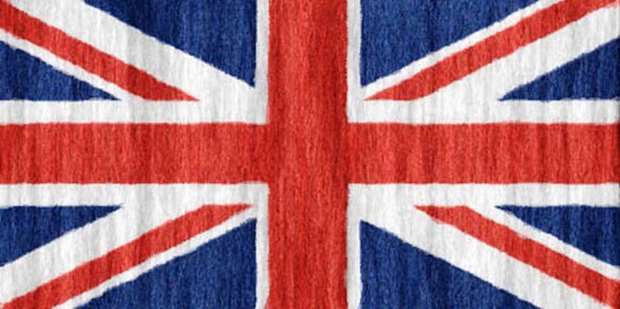Angela Merkel’s German coalition deal with the Social Democrats (SPD) was greeted with more scepticism than joy yesterday, as some said the loveless alliance, born of desperation, showed the conservative chancellor’s time was coming to an end.
The deal, reached in record time to end months of political paralysis after Merkel had failed to form a coalition with two smaller parties, faces its first test when the SPD’s membership vote from February 20 on whether to ratify a deal many never wanted.
But Merkel’s camp was also forced to defend a deal that sees the conservatives cede the crucial finance minister post in exchange for a fourth term in office for the woman who has dominated European politics for the past 12 years.
Christian von Stetten, a lawmaker from Merkel’s own Christian Democrats (CDU), said the allocation of Cabinet posts, notably the finance ministry, had been “a political mistake”. Both camps had to make sacrifices to secure a deal.
The agreement promises an unusual half-time review after two years — already being seen as a possible opportunity for Merkel finally to step down.
“If it happens, the fourth Merkel Cabinet will in some respects resemble the last Cabinets of Helmut Kohl and Helmut Schmidt,” wrote Kurt Kister, editor of the Sueddeutsche Zeitung newspaper. “This government could be captioned ‘Won’t last long’.”
Even that may prove optimistic if SPD leader Martin Schulz fails to persuade his party’s 464,000 members to ratify the deal in a postal ballot, whose result will be announced on March 4.
Financial markets are watching closely, keen to see a stable government in Europe’s largest economy. Reflecting the continuing uncertainty, Germany’s 10-year government bond yield hit 0.777%, the highest since September 2015.
A survey of 5,127 voters conducted by pollster Civey on Wednesday for t-online indicated that almost 60% of SPD supporters want the party’s members to back the coalition deal.
But the same poll found that a clear majority of Germans overall wanted party members to reject it.
The centre-left SPD saw its previous four years in “grand coalition” rewarded with its worst result in decades in September’s national election, and the slide has continued.
The SPD registered 18% in a GMS poll conducted before the deal was announced, the lowest reading GMS had ever recorded, and only four points ahead of the far-right Alternative for Germany (AfD). Together, the two grand coalition parties, which have between them shaped Germany’s postwar politics, barely scored 50%.
Opponents of the deal say Schulz’s team failed to put a left-wing stamp on the programme, which continues to promise the budget discipline that has been the hallmark of Merkel’s three governments.
It is unclear if they will be persuaded by his response that the SPD will control top ministries including finance, foreign affairs and labour.

GULF TIMES
